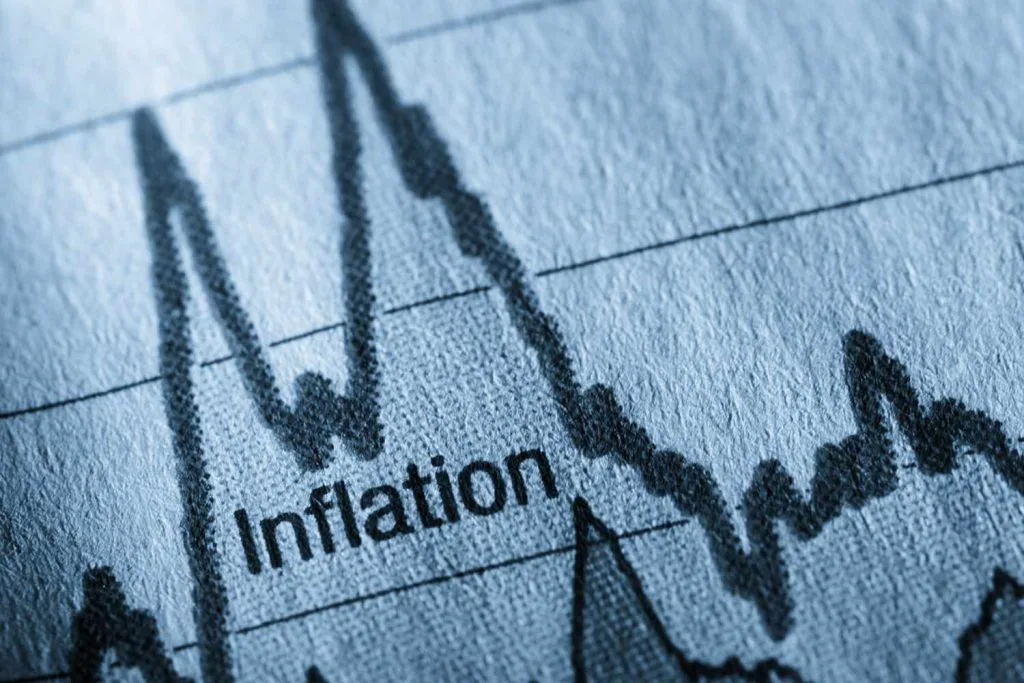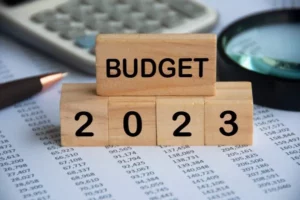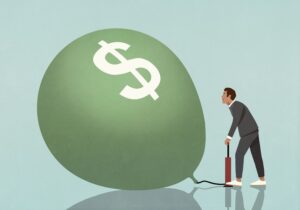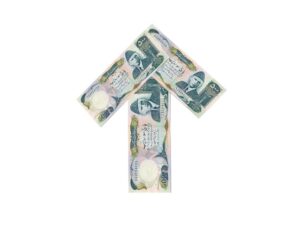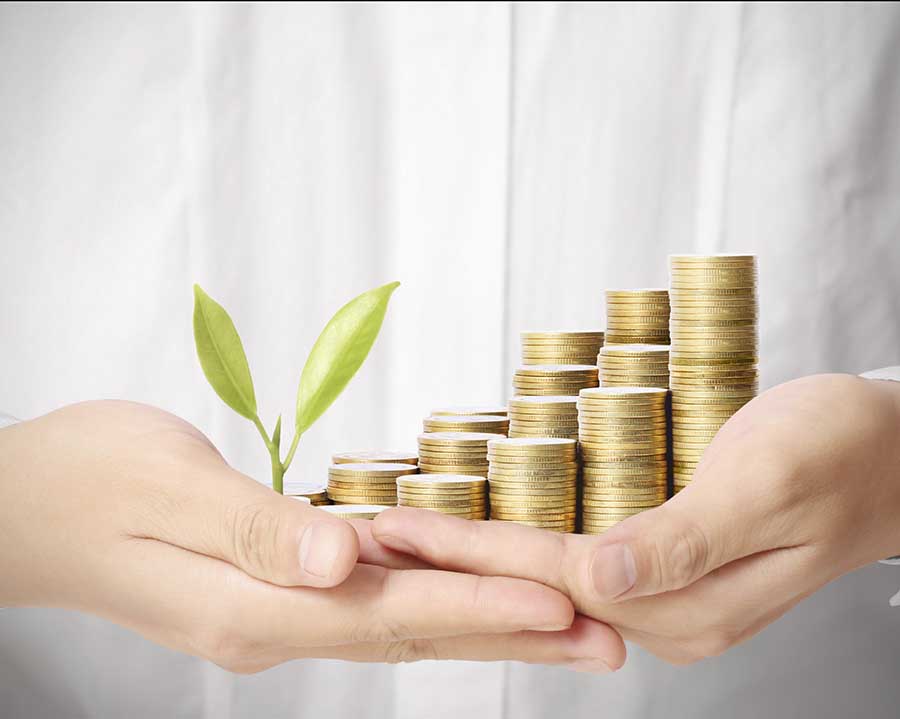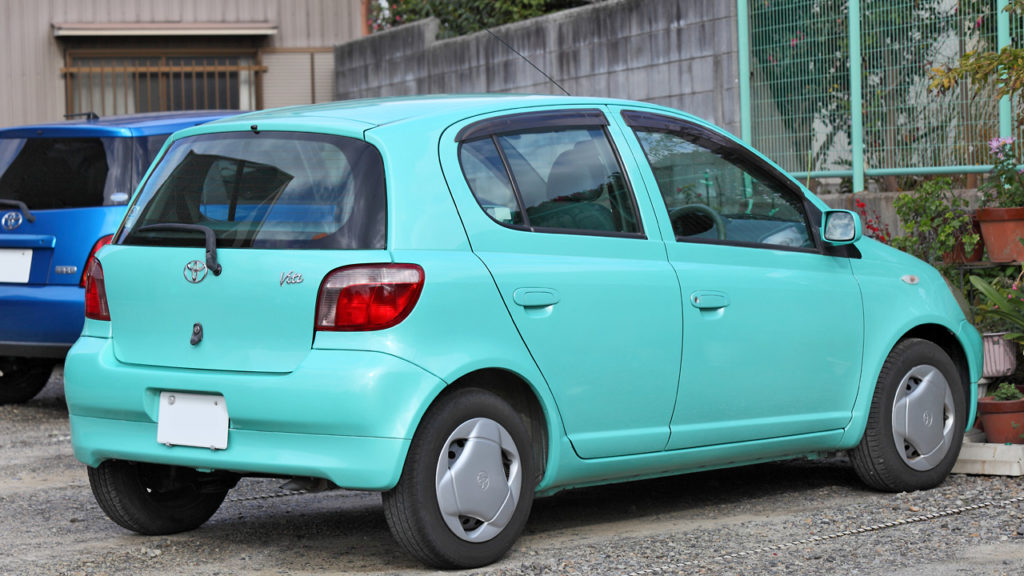Inflation is the technical term for overall price increases in an economy. It impacts everyone but particularly strongly impacts people with limited incomes, like pensioners and lower income groups. When inflation rises, the purchasing power of money decreases, meaning that you can buy fewer goods and services with the same amount of money.
This has several effects on both money and savings. The most painful element of inflation is the increase in food and energy prices. This again usually affects the poor and the vulnerable the most. Rising prices mean a decline in both buying and selling, which ends up reducing a country’s GDP growth rates.
This is what is happening in Pakistan right now, and it has become so severe that it is now in the hyperinflationary stage. Hyperinflation describes quick, extreme, and uncontrollable price increases in an economy. Compared to inflation, in which prices for goods and services are rising steadily, hyperinflation is rapidly rising inflation, usually recorded at more than 50% per month.
In 2021 Pakistan’s inflation rate was 9.5%. In 2022 this inflation rate was 13.4%, and according to the State Bank of Pakistan, in March 2023, the inflation of Pakistan is 31.5%, with core inflation at 17.1% in urban areas and 21.5% in rural areas. (All figures are taken from SBP March 2023 report)
How Inflation Impacts Your Money and Savings
1. Reduced Purchasing Power:
As inflation rises, the value of your money decreases, and the goods and services you could buy previously with a certain amount of money would now require more money. For example, if a cup of tea costs Rs.20 today and the inflation rate is 10%, next year, the same cup of tea might cost Rs. 22. If you have Rs.20, you can no longer afford the tea. Since we are a dollar-reliant economy, the dollar-rupee conversion is a key benchmark for assessing our economic strength. The Pakistani Rupee is currently trading at 288 for a US Dollar, which affects costs of fuel, imports, and the majority of other inputs in the economic value chain.
2. Reduced Value of Savings
When you save money, you usually expect it to maintain its value over time if not gain it. However, with inflation, the value of your savings will decrease in actual terms. For example, if you have PKR 1,000 in a savings account earning 10% interest per year, but inflation is 13%, the real value of your savings will decrease by 3% per year.
If you are a retired adult living on your savings, you can’t keep up the same standard of living if inflation cuts into your purchasing power with every passing year. Inflation can hurt your money well before retirement. Suppose that you are saving money for a specific goal, such as a college fund for your children or a down payment on a home. Your money’s purchasing power may decline while you’re saving it.
This is not to say in any way that salaried individuals are not affected by inflation. The majority of us do not get inflation linked pay raises and we end up losing income in economic terms due to the impact of inflation.
3. Impact on Investments
Inflation can impact your investments as well as savings. Stocks and other investments may be performing well in the short term, but inflation can eat into their value over time. To keep in control ahead of inflation, investors often choose investments that historically perform well during periods of high inflation, such as commodities like gold or real estate.
To minimize the impact of inflation on your money and savings, you may want to consider investing in assets that tend to perform well during periods of inflation, such as real estate, stocks, and commodities. It’s also essential to review your savings and investment strategies regularly and adjust them as necessary to account for inflation.
How to Fight Inflation
Fighting inflation is a very big challenge, but there are several things that we can do to lessen the impact of inflation on our daily lives. Here are some things that can help:
1. Create a budget:
One of the best ways to fight inflation is to create and stick to a budget. By monitoring your spending and limiting unnecessary expenses, you can limit the impact of rising prices on your daily life.
For more detailed suggestions, visit Managing Budgets In A Hyper Inflationary Environment
2. Monitor your spending:
One of the best ways to combat inflation is to monitor your spending and avoid unnecessary expenses. By creating a budget and sticking to it, you can limit the impact of rising prices on your daily life.
For more detailed suggestions, visit How to Protect your Savings from Inflation
3. Invest wisely:
Investing in assets that tend to perform well during periods of inflation can help protect your savings from losing value. These assets might include stocks, real estate, or commodities like gold.
For more details, visit How to Invest in a Recession
Inflation tends to cut into a consumer’s purchasing power over time. Fortunately, there are ways of preserving the purchasing power of your savings. That means investing but keeping your level of risk moderate.

Sadia Zaheer holds a Masters in Business Administration from IBA, Karachi. After working in several financial institutions in Client Management, Corporate Lending, Islamic Banking and Product Management she jumped careers to pursue a career in writing.
She is a Finance, Business and HR Development writer with four years of experience. She reads a lot and takes care of her multiple cats to remain calm.

